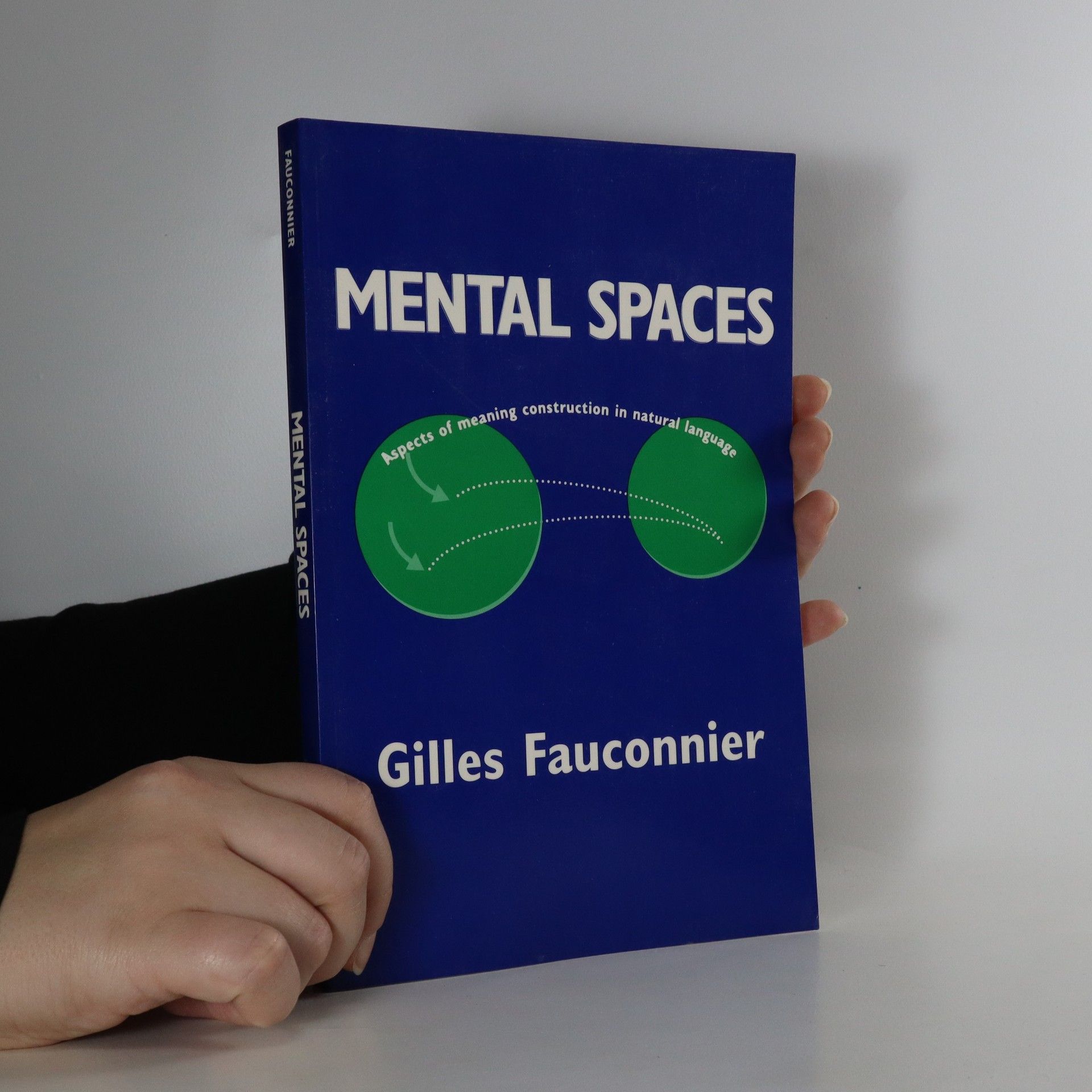Mental Spaces is the classic introduction to the study of mental spaces and conceptual projection, as revealed through the structure and use of language. It examines in detail the dynamic construction of connected domains as discourse unfolds. The discovery of mental space organization has modified our conception of language and thought: powerful and uniform accounts of superficially disparate phenomena have become available in the areas of reference, presupposition projection, counterfactual and analogical reasoning, metaphor and metonymy, and time and aspect in discourse. The present work lays the foundation for this research. It uncovers simple and general principles that lie behind the awesome complexity of everyday logic.
Gilles Fauconnier Livres
19 août 1944 – 3 février 2021


Focusing on the creative aspects of cognition, this book presents a groundbreaking theory of conceptual blending, arguing that all learning and thinking stem from metaphorical blends based on bodily experiences. Authors Gilles Fauconnier and Mark Turner explore how these blends shape mental functioning, influencing language, identity, and categorization. They illustrate the developmental journey of a child as they navigate these cognitive blends, offering an innovative perspective on understanding complex ideas. This work marks a significant shift in cognitive science, emphasizing the richness of human thought.